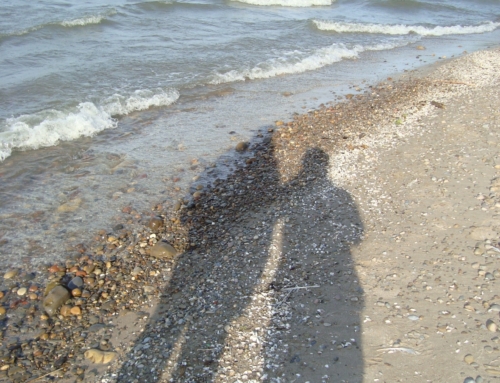Written by Justine Levesque
What is Social isolation?
There are varying definitions of social isolation in the literature, but the World Health Organization refers to social isolation as, “The objective state of having a small network of kin and non-kin relationships and thus few or infrequent interactions with others.” Existing research suggests seniors are more at risk for social isolation if they have multiple chronic health conditions, live alone and/or in rural areas and have lower incomes. In Canada, an estimated 12% of seniors were socially isolated before the pandemic, and this has nearly tripled to 34.8% during the pandemic.
Unsurprisingly, the COVID-19 pandemic has brought social isolation as it relates to the mental well-being of older adults to the forefront of many government, organization, and family discussions.
Community-based Research
In 2020, Justine Levesque (MPH), worked with a group of researchers and community members at Trent University and Age-friendly Peterborough to understand the experiences of social isolation among seniors, and their caregivers during and before the pandemic. This project also examined the housing and health and social service needs of seniors in the community and potential solutions to ensure that seniors’ social, physical and mental health needs are met now and in the future.
Video on Social Isolation and Social Connection
In March 2021, Justine provided an overview of this research project during the Resilient Aging and Healthy Housing course run by Hamilton Aging in Community. Her session was recorded and is available here on the Aging in Community Youtube channel. She details the key health and housing issues faced by seniors in the City of Peterborough and the health experiences described by study participants during the pandemic.
A list of proposed supports to mitigate social isolation is provided. To read more about this research project check out the full report here.





